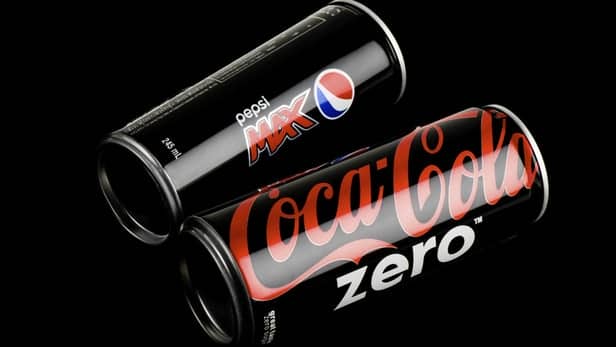We all have heard how artificial sweeteners make you gain weight instead of helping you keep those calories in check. There’s a reason why anyone who is seen drinking a diet coke is ironically super fat! This phenomenon has been hotly debated by scientists, with several large-scale studies over the past 30 years positively displaying correlations between weight gain and artificial sweeteners.
But usually, the studies suggested how the artificial sweeteners confuse the body’s regular metabolic processes since they are sweet but lack calories. Thus, the body yearns for more caloric follow up, leading to eating more than you should. But the latest research by a team from George Washington University suggests that besides this reason, there might be a biological cause that could explain the reason of weight gain and artificial sweeteners.
The research was focused on the artificial sweetener sucralose (used in Splenda, SucraPlus, Candys, Zerocal, Sukrana, Cukren, and Nevella), where their effect was tested on stem cells taken from human fat tissue. The cells were exposed to a concentration of sucralose, (about the same as drinking four cans of diet soda a day) and the scientists remarkably saw an increased accumulation of fat droplets in the cells, that are an indicator of genes promoting inflammation and fat production.
In another experiment, the researchers took samples of abdominal fat from subjects who consumed regular calories to the ones consuming low-calorie sweeteners. And in the fat biopsy, increased glucose transport into the cells was found in people who consumed low-calorie sweeteners.
The study also noted 2.5 times higher acceptance of sweet-taste receptors in the fat tissue of people who consumed the sweeteners, which breeds the suspicion of allowing the increased glucose transport to the cells.
The researchers say that this metabolic dysregulation leads to the cellular mechanisms in producing more fat, and this phenomenon was seen more apparent in obese subjects than those of normal weight.
“Many health-conscious individuals like to consume low-calorie sweeteners as an alternative to sugar,” says the study’s principle investigator, Associate Professor Sabyasachi Sen. “However, there is increasing scientific evidence that these sweeteners promote metabolic dysfunction.”
The research will be presented on Monday, April 10th at ENDO 2017, the Endocrine Society’s 99th annual meeting.
Better start cutting on those Splendas!


